EVENTS
For Students
This quarter’s book:
The Drive for Dollars by Brian D. Taylor



FED TALKS (WINTER 2025)
UCLA ITS hosts a forum for engagement and discussion. Events held biweekly from 12:30-2:00pm each quarter. RSVP required.
Apr
09
with Dongsheng He
Apr
23
with Hao Ding
May
07
with UCLA ITS Wildfire Rapid Response RFP Funded Pls
May
14
with Dana Cuff and Claire Nelischer
May
21
with Ziva Cooper
Jun
04
with Tat Srisan
Martin Wachs Distinguished Lecture Series
Each year the annual Wachs Lecture draws innovative thinkers to the University of California to address today’s most pressing issues in transportation. Created by students to honor Professor Martin Wachs upon his retirement, the lecture rotates between UCLA and UC Berkeley, the campuses at which Marty taught.
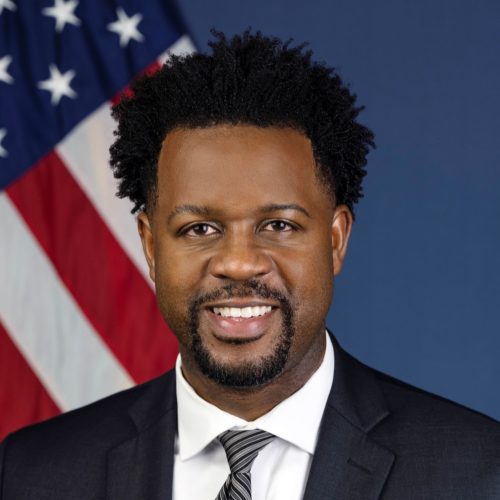
Robert Hampshire
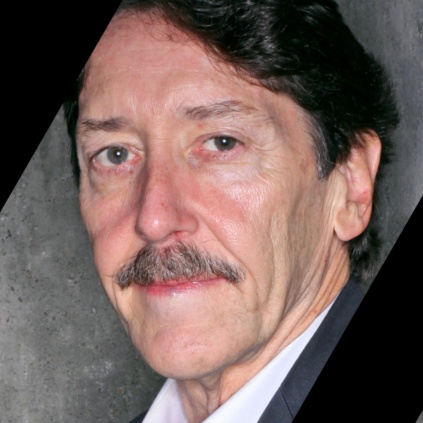
Robert Cervero
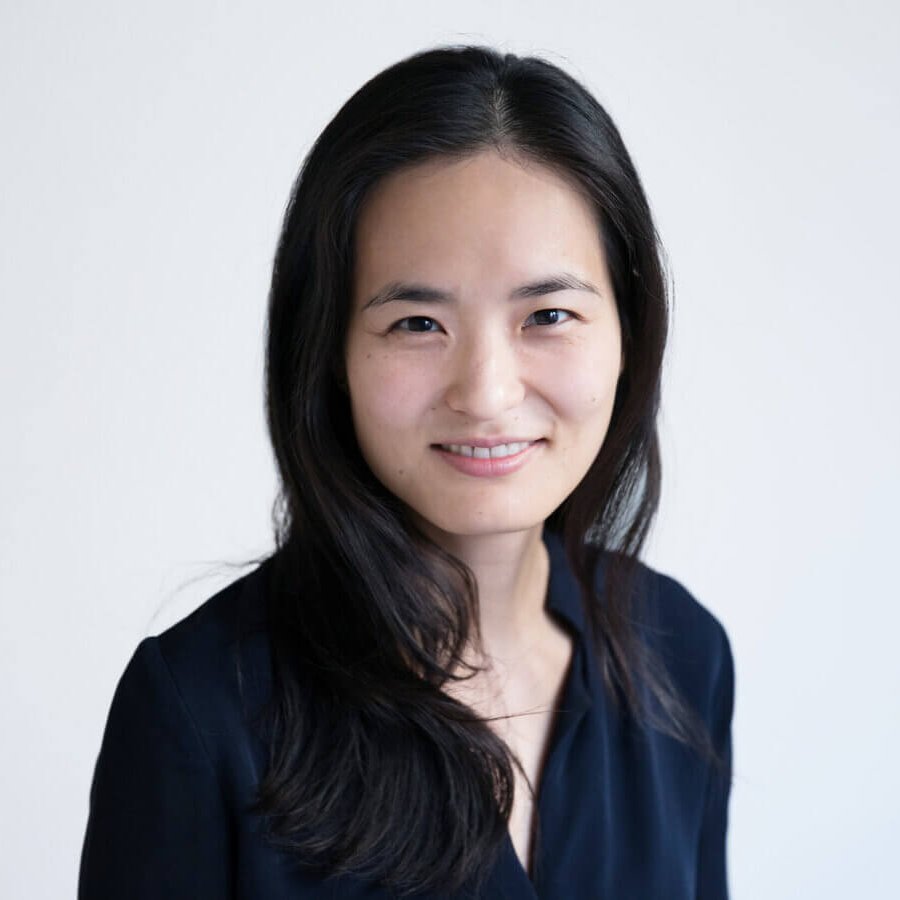
Sarah Seo

Elizaben Deakin
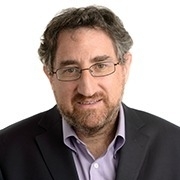
David Levinson
UCLA Lake Arrowhead Symposium
Since 1991, the UCLA Lake Arrowhead Symposium has tackled the connections between transportation, land use, and the environment. Arrowhead’s diverse and influential group of policymakers, private sector stakeholders, public sector analysts, consultants, advocates, and researchers dive into these pressing policy issues every day.
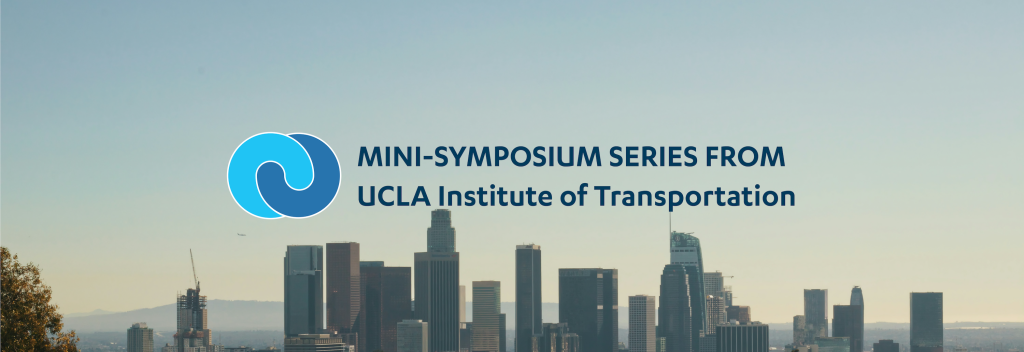
Mini Symposium
The Mini-Symposium Series, presented by the UCLA Institute of Transportation Studies, offers a deep dive into pressing issues facing transportation planners and policymakers.
Past Events





